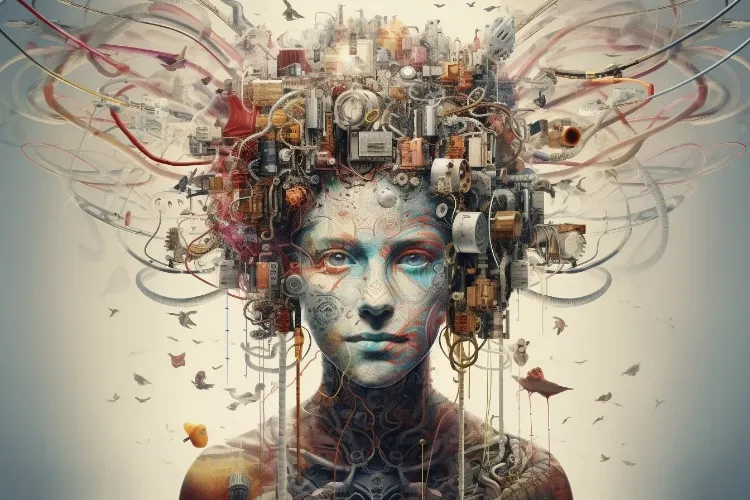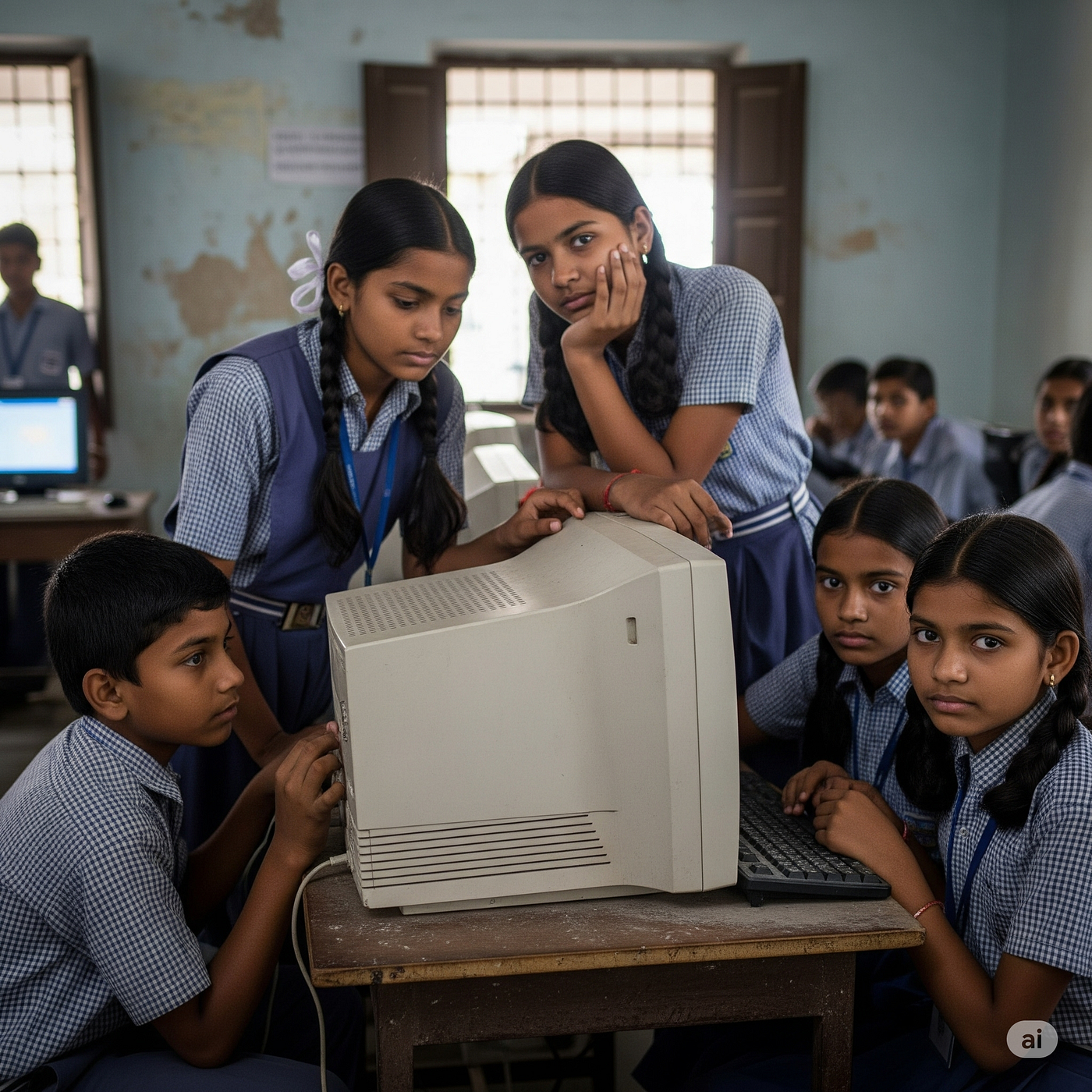
Siddharth N/New Delhi
Artificial Intelligence can severely damage ability of critical thinking.
According to the latest research by Microsoft, “While GenAI can improve worker efficiency, it can inhibit critical engagement with work and potentially lead to long-term overreliance on the tool and diminished skill for independent problem-solving.”
Artificial intelligence’s use is being widely debated on platforms like X (formerly Twitter) and Instagram.
Rethinking Critical-Thinking in the Age of Generative AI
— Chris Fregly (@cfregly) February 13, 2025
TL;DR
🤖 Generative AI (GenAI) tools reduce the perceived effort of critical thinking but can lead to over-reliance and diminished independent problem-solving.
🧠 Higher confidence in GenAI correlates with less critical… pic.twitter.com/Fdit50CLzu
Most discussions are centred around ethical responsibility, appropriation, plagiarism, and the dominance of machines over humans. The broader issue – its impact on the human mind - has largely been neglected.
Studies worldwide show an increasing human tendency to approach an AI module like ChatGPT and DeepSeek for help in planning an essay, going through academic papers, to copying AI-written pieces.
According to a 2024 Pew Research Center survey on U.S. teens aged 13 to 17 using ChatGPT states the use of this tool for schoolwork has risen to 26 percent. There has been a 13 percent surge in 2023.
 Representational Image: Students using AI
Representational Image: Students using AI
Eleventh and twelfth-grade students are 31 percent more likely to use ChatGPT for their schoolwork in comparison with seventh and eighth-grade students, who use it 20 percent.
While many people highlight the usefulness of AI tools, people tend not to realize the severe decline in their ability to reason caused by the over-dependence of AI applications, and the freedom to make small choices in content creation, whether written, drawn, or animated.
Another survey by Salesforce in 2024 says that 73 percent of the sampled Indian population uses generative AI. The majority of users surveyed are people one could call “tech-savvy,” who are, on average, highly technologically literate.
Various studies conclude that in workplaces, these short tasks are large in number, and the outcome at the end of the day is a result of how each individual has approached these tasks. But more and more people are now automating their tasks under the pressure of higher output.
The study reveals that the term “copy-pasting,” which was once used concerning school projects taken from Wikipedia, has now become misunderstood as “minor edits”.
Most individuals directly copy-paste content generated by AI and make minor changes and assume they have done the work.
However, the Salesforce study concludes that only 36 percent of users claim to think critically before applying Artificial Intelligence to their tasks.
The Microsoft study concludes, “While GenAI can improve worker efficiency, it can inhibit critical engagement with work and can potentially lead to long-term overreliance on the tool and diminished skill for independent problem-solving.”
It further suggests that higher confidence in GenAI’s ability to perform a task is related to less critical thinking effort. When using GenAI tools, the effort invested in critical thinking shifts from information gathering to information verification, from problem-solving to task execution.
 Representational Image: Use of AI at the workplace
Representational Image: Use of AI at the workplace
The use of AI is habit-forming to the extent that the user finds it “very difficult” to do a task without the help of a virtual assistant.
PhD Scholar Howard B. Esbin writes; “As employees increasingly delegate cognitive tasks to AI, neuroimaging studies reveal a reduction in activity in the prefrontal cortex — the brain's executive center (Smallwood & Schooler, 2015). Over time, people lose the ability to analyze complex problems independently. Become dependent on algorithmic cues for decision-making. Exhibit diminished neural engagement during problem-solving.
“Like technical debt in software development, reliance on AI creates psychological debt: The more teams outsource judgment, the less capable they become. Critical thinking skills decay from disuse. Long-term strategic capability erodes across the organization.”
READ MORE: Sarfaraz Ahmad is reviving cultural consciousness among Maharashtra Muslims
Studies says that users have ultimately narrowed down all the choices they would have been able to make on their own before. This is because they stop exercising the freedom of taking creative liberties. They lose touch with making minor, intuitive changes.
